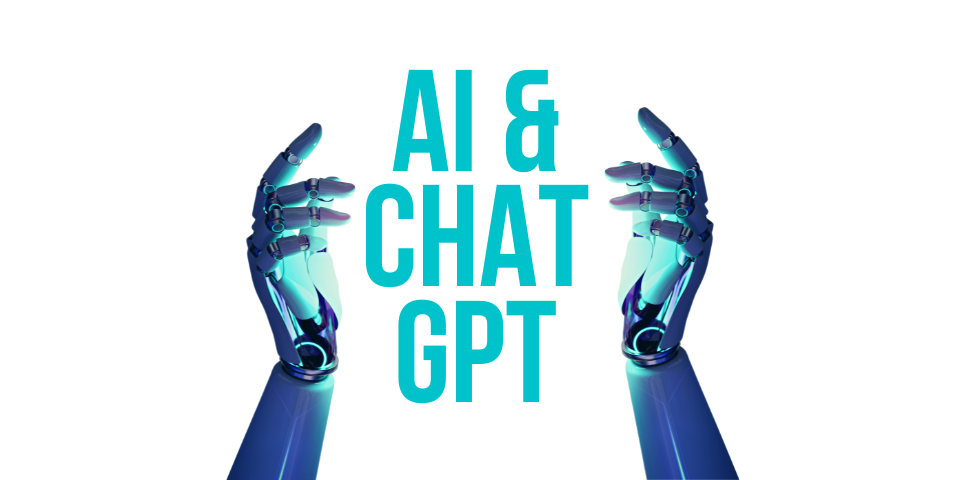How the Gig Economy Is Changing Workplaces
How the Gig Economy Is Changing Workplaces

Independent freelancers will outnumber traditional in-house employees in the U.S. and other developed economies within the next decade. Even now, between 43 percent and 47 percent of all U.S. workers aged 16 to 34 are freelancers, surveys by Upwork and Edelman show. Self-employment is increasingly popular among all generations while companies tend to outsource more work looking for cost efficiency and on-demand solutions.
The Changing Freelancing Concept
With a few exceptions, there are no barriers to outsourcing and providing freelance services as communication, collaboration, and data sharing platforms are maturing. The average work and collaboration platform now offers enterprise-grade security and advanced features, which in turn results in higher demand for outsourced freelance services by security conscious businesses.
What is more, freelancers appear to be much more prepared to enter the age of AI and remote gigs. Some 55 percent of freelancers took their time to further educate themselves through in skill-related courses in the last six months of 2017, while just 30 percent of non-freelancers were enhancing their skills, a surveyby Upwork called 2017 Freelancing in America, reads.
Source: Statista
Over 50 percent of freelancers are saving for the future and some 60 percent take care of their life insurance themselves, other reports say. This is not your old-fashioned freelancer, those are people you to reckon with as there are increasingly independent and constantly performing above the average performance rates of in-house employees. The concept for workplace “stability” and professional development is now being redefined as more and more workers do not rely on traditional employer benefits and are relatively free to select their job assignments.
Winning Strategies for Inter-connected Economy
Freelancers are also becoming increasingly successful in closing deals online and making their online presence outsmart even established online services. The gig economy forces freelancers to constantly innovate – offering brand new types of services and connecting to corporate and individual customers in a variety of ways.
Most of those who are freelancing for 100 percent of their income are not relying on one-time clients. This marks an important shift toward a freelance economy that is inter-connected but also is knowledge based. For a business to bind with a freelancer in the long run, the latter should provide a service that outsmarts the respective in-house know how and also offer cost efficiency.
Source: McKinsey
A freelancer cannot afford to underperform too, or at least can afford it only on very rare occasions. The gig economy is flexible enough to replace underperforming freelancers in a quick fashion, so any decent freelancer will invest more efforts than the average in-house worker will. This is not an axiom, of course, but is very close to the real labor market situation these days.
One more thing that makes the gig economy attractive and adds to its competitive advantage over traditional workplaces – a freelancer can effectively “fire” an employer should a project fails to meet certain criteria. It might be unjustified low payment, lack of ambition by the employer, or unrealistic time schedules and excessive revision requests.
And do not be misguided that the freelancer is on the losing side by parting with an employer. Actually, a good freelancer will land a new project pretty soon, while this very employer will be forced to hire another freelancer, usually less skilled and less demanding, thus getting poorer service quality. It is the very opposite of traditional employment where the employer has all the means to select and/or force an employee to complete a certain task.
New Freelance Contracts Ecosystem Emerges
The gig economy offers a plenty of choices for clients and contractors to find each other and conclude a contract on provision of services. A freelancer can build a site and take orders online or the contracting parties can post gigs on their website. You can also use an online marketplace such as Fever, Freelancer.com, Guru, or Upwork. Most of these platforms are around for years, making money by charging both the parties involved in a gig. This business model may change in the very near future, though.
Smart contracts on blockchain are already available across a number of industries and the gig economy will follow suit sooner than later. You can conclude a smart contract between a customer and a contractor on any blockchain. What you need is reliable token to complete the transaction, since a freelance work contract is a transaction where funds change hands upon the completion of the contract.
That said, in a not so distant future, freelancers and clients would be able to conduct business without the intermediaries that currently make a freelance service more expensive to both the service provider and the client. It will not be an easy task to implement working solutions using blockchain technology but it is possible. Then, the gig economy will enter a new stage creating an entirely new ecosystem of client – contractor relationships in the process.
Development of this new gig economy ecosystem and implementation of more advanced methods to start and complete tasks in an environment where contingent workers are a major force could help solve a number of pressing issues. A surveyby analysts at EY, for instance, shows that 49% of organizations believe that contingent workers get a fair deal, compared with 50% of contingent workers who agree that they get a fair deal.
In the same time, an overwhelming 70% of organizations admit they save on labor costs through using a contingent workforce and 69% point out that their organization boosts agility in the process. And while 29% of organizations do not believe contingent workforce is the future of work, some 36% are positive. Actually, a good number of organizations simply do not explore this option to its fullest potential. As a reportby Deloitte Insights emphasizes, the open talent economy and the new workforce-machine age are coming in in place, and they also redefine what “talent” is to include people and machines working in different places under different contracts.
Which in turn means that early adopters will benefit the most by a new gig-based economy that is also a global and online one.




